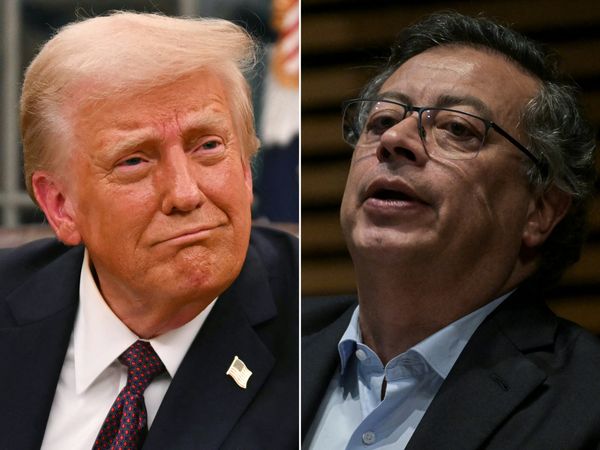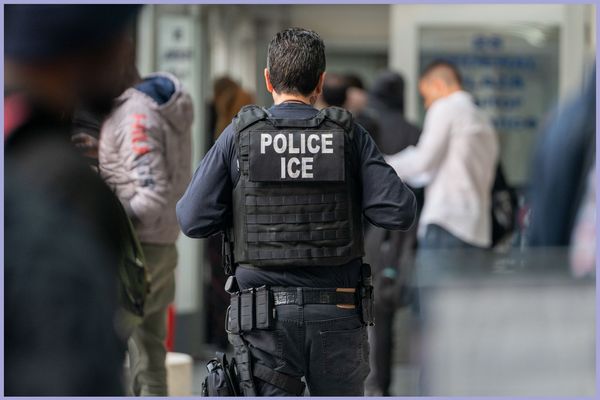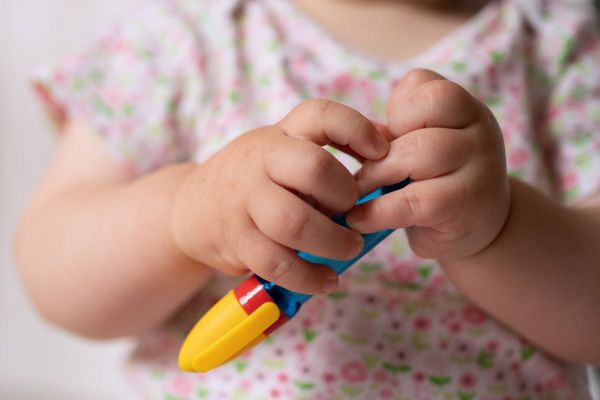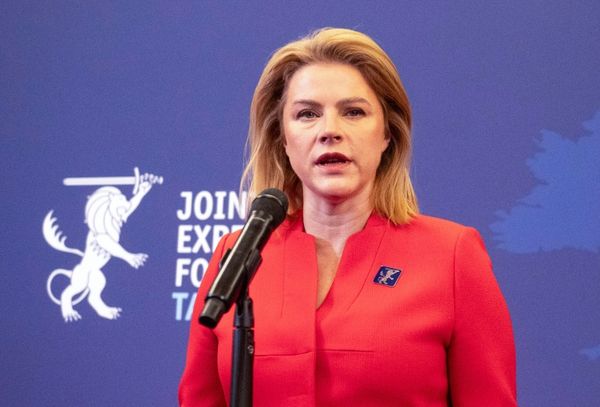
The Victorian government has watered down its plan strip 110 private schools of their longstanding payroll tax exemption, with Daniel Andrews conceding the measure will not raise as much money as forecast in last week’s state budget as a result.
According to the budget, about 110 “high-fee” schools, or “around the top 15% by fee level” were to lose their payroll tax exemptions from mid-2024, raising more than $420m over three years. That estimate was based on an annual fee threshold of about $7,500 per student
But amid strong resistance from independent and Catholic schools about the changes, the premier on Friday told a budget estimates hearing the number of schools to be affected will be lower than forecast.
“Perhaps there should have been some better footnotes around this item in the budget. I’ll fully concede that point,” Andrews told the public accounts and estimates committee.
He said the $7,500 fee figure was set in 2020 and was “not necessarily reflective of fees and costs and pressures in the school fee environment now”.
He said the education minister, Natalie Hutchins, was currently consulting with the sector and would determine a new threshold at which private schools will be charged payroll tax.
“I’m not in a position to confirm what it will finish up at, but it will go up,” Andrews said of the threshold.
“There’ll be less than 110 schools … and the overall revenue that is derived from this measure will almost certainly be less than what has been forecast.”
He said the existing definition of a high-fee school was used to ensure the budget papers were not blank.
“Had there not been a threshold ... then the budget papers would have said, ‘to be confirmed, to be confirmed, to be confirmed’ across the three years.”
Andrews said he speaks regularly to Catholic and independent schools and not once had they complained about the definition of low-fee and high-fee schools, which had been in place for some time.
“They fully accept that we’re not sending the Smile Squad dental van around to Xavier College, but we do want to send it to low-fee, parish primary schools and suburban regional secondary schools that charge a more modest amount of money,” he said.
On Wednesday the Catholic Education Commission of Victoria wrote to Labor MPs urging them not to proceed with the plans. It said up to 20 of its schools – half of which charge less than $10,000 a year – could lose up to $1m a year from their operating budgets, forcing them to increase student fees.
The opposition’s education spokesperson, Matt Bach, said Andrews’ comments were an “admission from the premier of the pain that Labor’s school tax is set to cause so many Victorians”.
“I wouldn’t trust the premier as far as I could throw him. The legislation is clear. The schools tax can be applied to any non government school, regardless of fees,” Bach said.
The secretary of the Department of Premier and Cabinet, Jeremi Moule, also told the hearing that Victoria was being “highly vigilant” after PwC used confidential federal government information for financial gain.
Moule told Greens MP Ellen Sandell that the individuals at the consultancy firm involved in the scandal had “very small exposure” to Victorian government accounts, identified by an audit to be “seven hours of work over the last 15 years”.
The secretary of the Department of Treasury and Finance, David Martine, had earlier on Friday confirmed some private schools with payrolls of more than $10m will also be liable to pay the “Covid debt repayment” and mental health levies.
From July this year, businesses that pay more than $10m in wages nationally – approximately 5% of the state’s employers – will pay a “Covid debt levy” via a payroll tax surcharge of 0.5% for their Victorian employees. This is in addition to the mental health levy, announced in the 2021 budget.
Under questioning by Liberal MP Bev McArthur, Martine confirmed about 11,000 businesses will be affected by the new tax but denied it would result in job losses.







